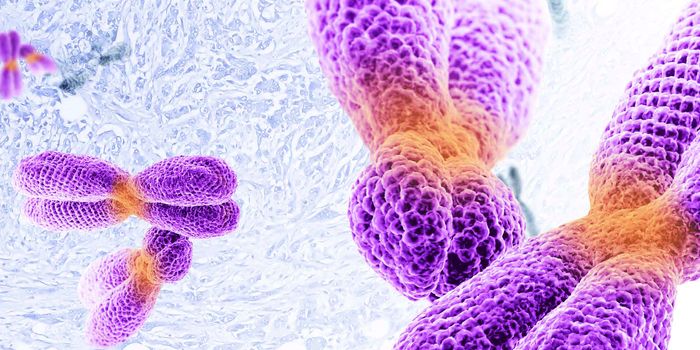Is Cannabis Use Safe While Breastfeeding?
According to the Society of Obstetricians and Gynaecologists of Canada (SOGC), there are over 400 active chemicals found in cannabis that could be passed on to a baby during pregnancy or during breastfeeding. Their 2018 campaign stated that roughly 70 percent of the female population in Canada believes there to be only a slight risk or no risk when using cannabis during pregnancy. As the use of cannabis becomes more widely accepted, doctors and researchers race to uncover the truth about this drug.
Photo Source: ISTOCKPHOTO
A small 2018 study published in Obstetrics and Gynecology monitored the transfer of inhaled cannabis to mother's breast milk. The study found that only low levels of THC were passed to children of breastfeeding women. Researchers took samples of breast milk from eight female test subjects, who were also regular cannabis users, to test their milk for the presence of delta-9-tetrahydrocannabinol (THC) and its metabolites.
The study tested the milk at different time intervals after the subjects had smoked marijuana, finding that THC levels were highest one hour after smoking the drug.
THC will affect the central nervous system for up to two hours and will take about 20 to 36 hours to fully leave the body. The infants who breastfed after their mother's use of cannabis, ingested roughly 2.5 percent of the maternal dose of THC that had been inhaled, translating to an infant dosage of 8 micrograms of THC per kilogram of mother dosage per day.
"We are still lacking so much fundamental knowledge on the basic clinical effects of cannabis use, which is so at odds with the drive to legalize the drug," Dr. Harshal Kirane, director of Addiction Services at Staten Island University Hospital, told Healthline in a recent interview. Research over the last few years has revealed that the endocannabinoid system plays a role in healthy development in the human body. Kirane says that "long-term microdose exposure of THC could disrupt this development."









